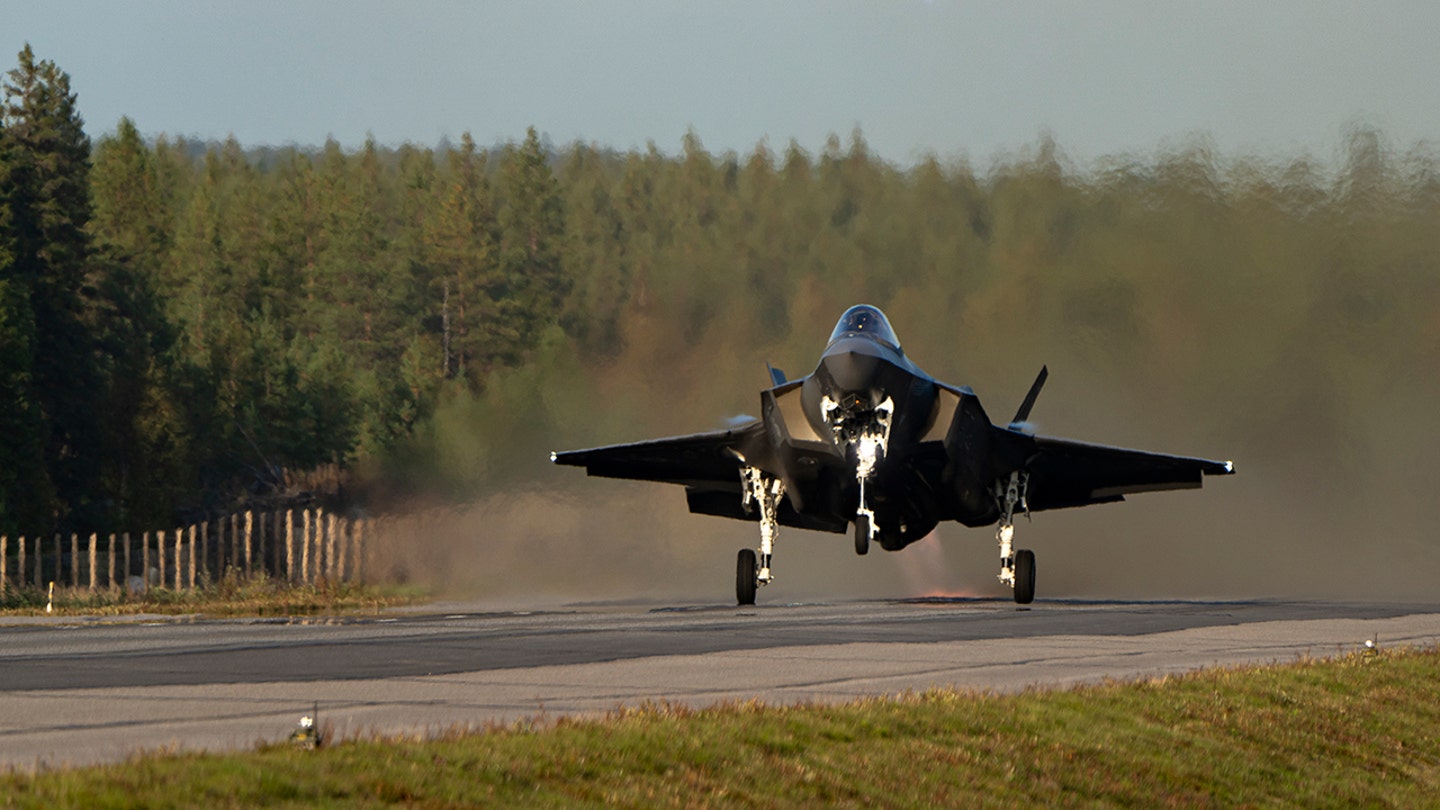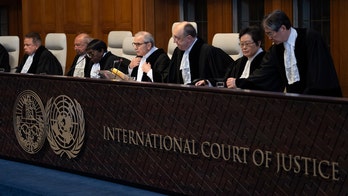Iran's continued threats of retaliation against Israel following the killing of Hamas leader Ismail Haniyeh have raised concerns over the potential for a broader regional conflict and heightened tensions with the United States.
Iran's threats to attack Israel have cast a long shadow over the Middle East, prompting warnings from the U.S. and other nations against any retaliatory action. The warnings come amid ongoing concerns over Tehran's nuclear development program, which has remained unchecked for more than three years.
Commander Hossein Salami of Iran's Islamic Revolutionary Guard Corps (IRGC) has been particularly vocal in his threats, stating that "the nightmare of Iran's inevitable response is shaking Israel day and night." Salami claimed that Israeli leaders are anxious over the uncertain nature of the attack, which he described as being "painful and different" from what they anticipate.

Iran's Growing Threat to Israel and U.S. Foreign Policy
Despite Salami's ominous tone, Iran has been issuing similar threats for over a month since Haniyeh's killing. The assassination, which Iran attributed to Israel, has inflamed tensions between the two nations.
The United States, along with other Middle Eastern countries, has cautioned Tehran against attacking Israel. Fears of a broader regional war have prompted these warnings. Concerns also persist over the possibility of Iran launching retaliatory strikes through Hezbollah, a Lebanon-based terrorist organization that it has backed for decades.

Iran's Growing Threat to Israel and U.S. Foreign Policy
Nissim Vaturi, a member of Israel's Foreign Affairs and Defense Committee, believes that war between Israel and Hezbollah in Lebanon is imminent and has urged Israel to take a proactive approach. He advocates for pre-emptive airstrikes followed by a ground invasion, a scenario that experts warn could result in devastating casualties, surpassing those seen in the Gaza conflict.
"I think it's time to deal with the north," Vaturi said. "Our patience has run out."

Iran's Growing Threat to Israel and U.S. Foreign Policy
Iran's supply of ballistic missiles to Hezbollah has heightened security concerns, with experts monitoring the situation closely. While Iran is not believed to possess nuclear weapons at this time, the United Nations nuclear watchdog recently issued a warning about the unchecked nature of Tehran's nuclear program for over three and a half years.
Director General Rafael Mariano Grossi of the International Atomic Energy Agency (IAEA) expressed concern over Iran's increased stockpiles of highly enriched uranium metals, including 60% purity levels, which are just shy of being weapons-grade uranium.

Iran's Growing Threat to Israel and U.S. Foreign Policy
Grossi urged Iran to abide by the Joint Statement signed in March 2023 and meet with him to establish a constructive dialogue that would lead to tangible results.
Meanwhile, the European Union (EU) accused Iran of providing short-range ballistic missiles to Russia for its war against Ukraine. The EU is investigating the claims, and spokesman Peter Stano stated that if confirmed, Iran would face "swift" and "significant restrictive measures."

Iran's Growing Threat to Israel and U.S. Foreign Policy
As the situation in the Middle East remains volatile, the United States is closely monitoring tensions between Iran and Israel. The ongoing threats and concerns over Iran's nuclear program underscore the complex challenges facing U.S. foreign policy in the region.










